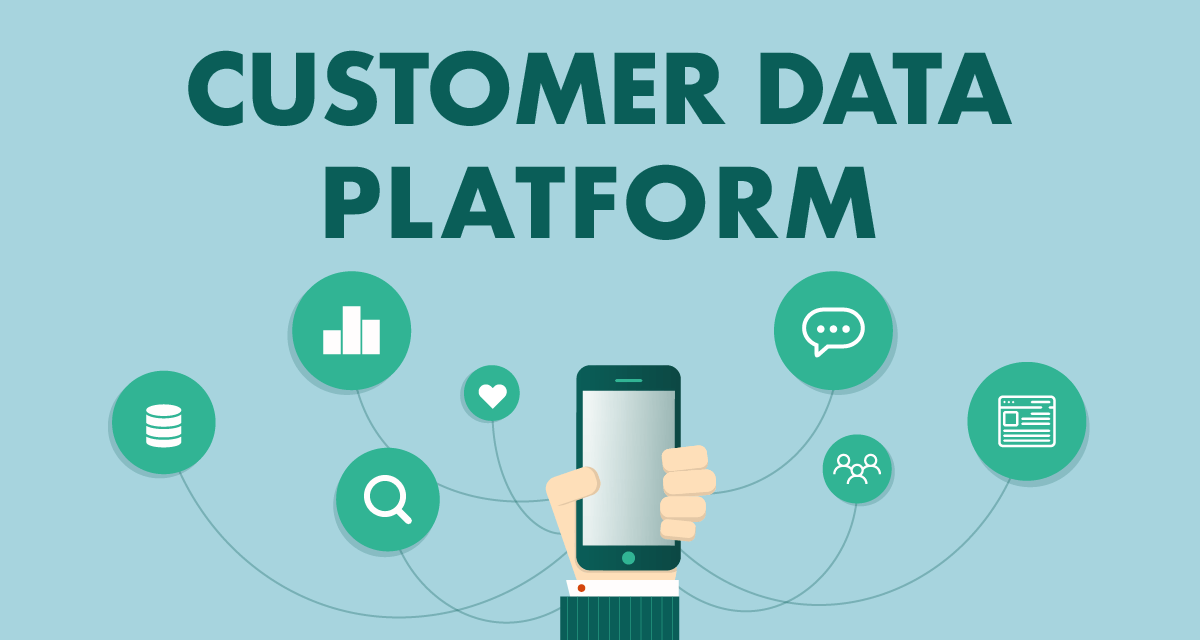Customer Data Platform
Customer Data Platform
Blog Article

Unveiling the Power of Customer Data Platforms: A Key to Personalized Marketing
In the digital age, where data is the new currency, understanding and leveraging customer information is crucial for businesses aiming to excel in personalized marketing. The introduction of Customer Data Platforms (CDP) has revolutionized the way companies interact with their customer data, offering unprecedented insights and opportunities for engagement. This article explores the essence of CDPs, how they stand apart from traditional Customer Relationship Management (CRM) systems, and why they are indispensable for organizations looking to enhance their marketing strategies.
What is a Customer Data Platform?
At its core, a Customer Data Platform is a sophisticated tool designed to collect, integrate, and manage customer data from multiple sources, both online and offline. It serves as a centralized hub for customer information, enabling businesses to create comprehensive and unified profiles of their customers. These profiles encompass various dimensions of customer interactions and behaviors, providing a 360-degree view of the customer journey.
The significance of CDPs lies in their ability to harmonize disparate data sources into cohesive customer profiles. This capability is critical for businesses seeking to tailor their marketing efforts to individual preferences and behaviors, ensuring personalized and meaningful customer experiences.
How Does a CDP Differ from a CRM?
While Customer Data Platforms and Customer Relationship Management systems both play pivotal roles in managing customer interactions, their focus and functionalities differ significantly. CRMs are primarily concerned with managing company-customer relationships, tracking sales interactions, and supporting sales processes. They excel in managing direct interactions but often lack the capacity to provide deep insights into customer behaviors and preferences outside of these interactions.
In contrast, CDPs delve deeper into the customer psyche, integrating data from various touchpoints such as social media interactions, website visits, purchase history, and more. This integrated approach allows CDPs to offer a comprehensive understanding of customer behaviors, preferences, and potential future actions. The distinction between CDPs and CRMs is not one of competition but complementarity, with CDPs providing the rich, behavioral insights needed to fuel personalized marketing strategies.
The Indispensable Role of a CDP in Modern Marketing
The modern marketplace is characterized by informed consumers who expect personalized interactions with brands. Meeting these expectations requires a nuanced understanding of customer behaviors and preferences—a feat only possible with a robust Customer Data Platform. Here's why a CDP is indispensable in today's marketing landscape:
Unified Customer Profiles for Tailored Marketing
The ability to integrate data from multiple sources into unified customer profiles is perhaps the most significant advantage of using a CDP. This unified view enables marketers to craft highly personalized marketing messages, offers, and product recommendations. By engaging customers with content that resonates with their individual preferences and behaviors, businesses can significantly enhance customer satisfaction and loyalty.
Informed Decision-Making and Strategy Development
Beyond personalization, CDPs offer valuable insights that inform strategic decision-making. By analyzing customer data, organizations can identify trends, predict future behaviors, and tailor their marketing strategies accordingly. This data-driven approach ensures that marketing efforts are not only personalized but also strategically aligned with overarching business goals.
Seamless Customer Experiences Across Channels
Customer Data Platforms play a crucial role in ensuring consistency across various marketing channels. By maintaining a centralized repository of customer information, CDPs enable businesses to deliver a seamless and coherent customer experience, regardless of the channel. This consistency is key to building trust and fostering long-term relationships with customers.
Choosing the Right CDP Tool for Your Business
Selecting the right CDP tool is a critical decision that can significantly impact the effectiveness of your marketing efforts. When evaluating CDP tools, consider the following factors:
- Integration Capabilities: Ensure the CDP can seamlessly integrate with your existing marketing tools and data sources.
- Data Processing and Analysis Features: Assess the tool's ability to process and analyze large volumes of data, providing actionable insights.
- User Interface and Ease of Use: Choose a CDP with an intuitive interface that can be easily used by your marketing team.
Conclusion
In the quest for personalized marketing and deep customer engagement, Customer Data Platforms emerge as indispensable tools for modern businesses. By offering a comprehensive view of the customer and supporting data-driven decision-making, CDPs empower organizations to create meaningful and personalized customer experiences. As businesses continue to navigate the complexities of the digital marketplace, the role of CDPs in shaping marketing strategies and enhancing customer relationships will only grow in significance. Embracing a CDP tool tailored to your business needs is not just an investment in technology—it's an investment in your customers and the future of your brand.
Report this page